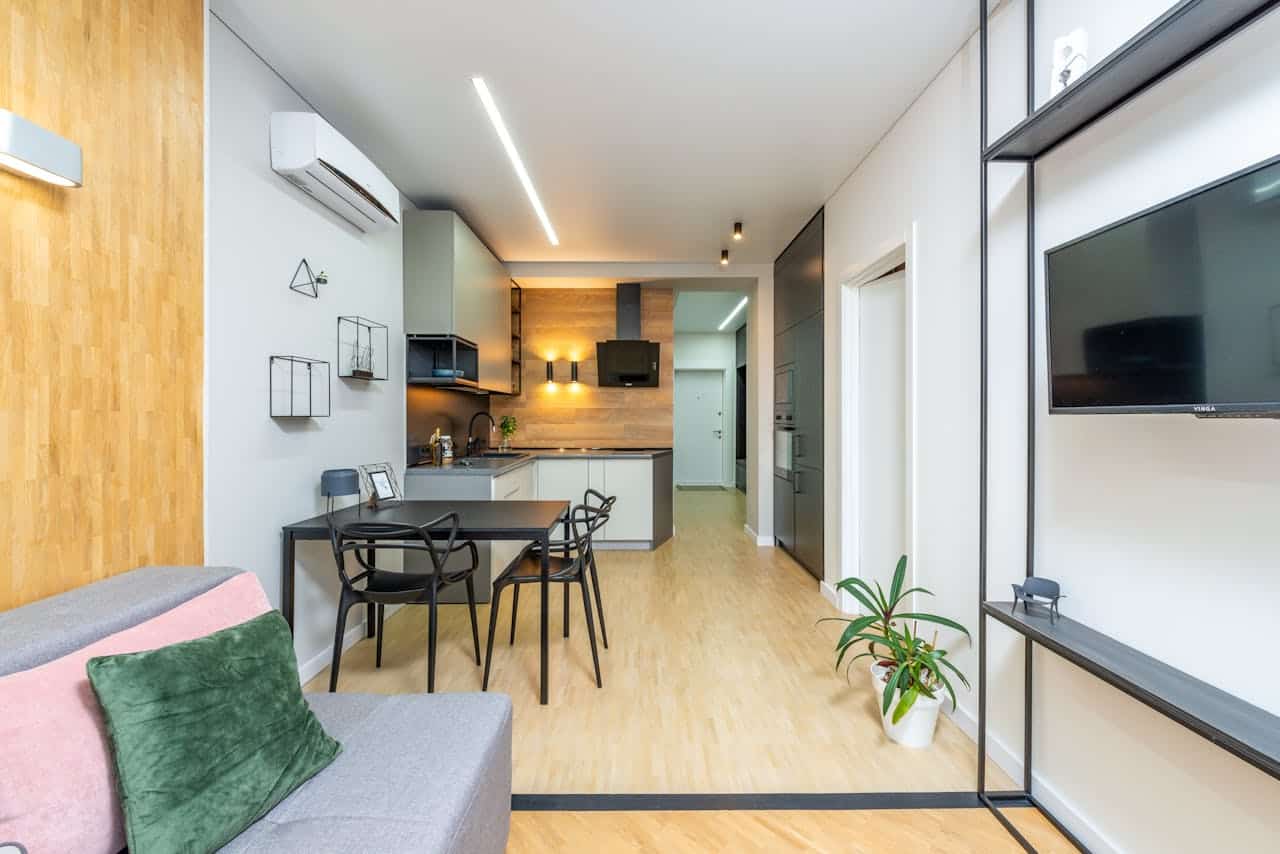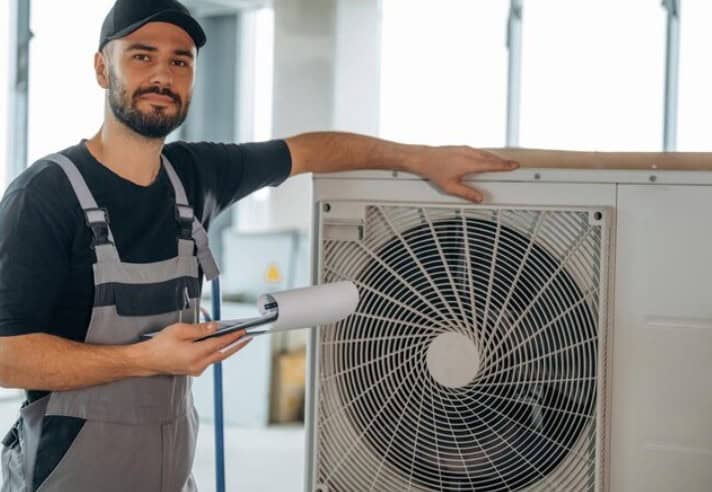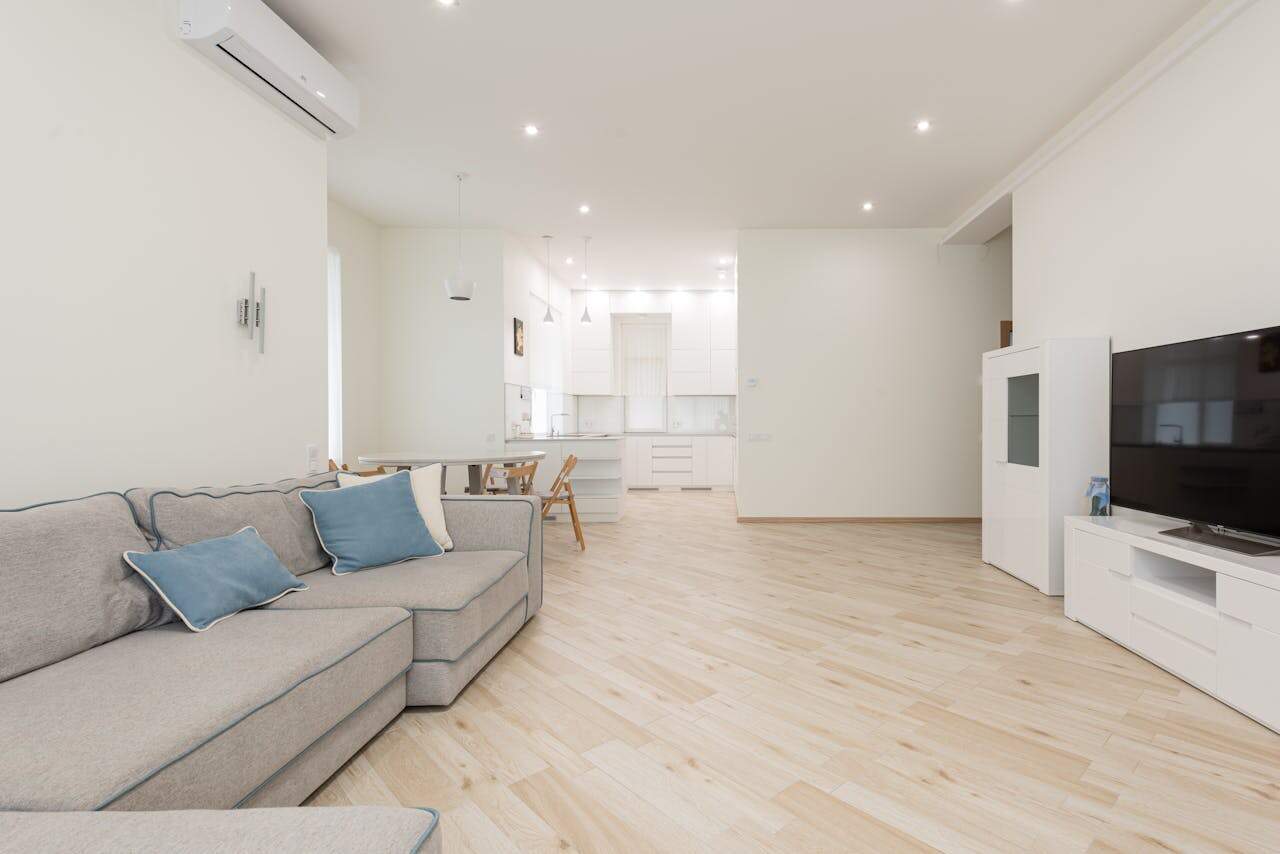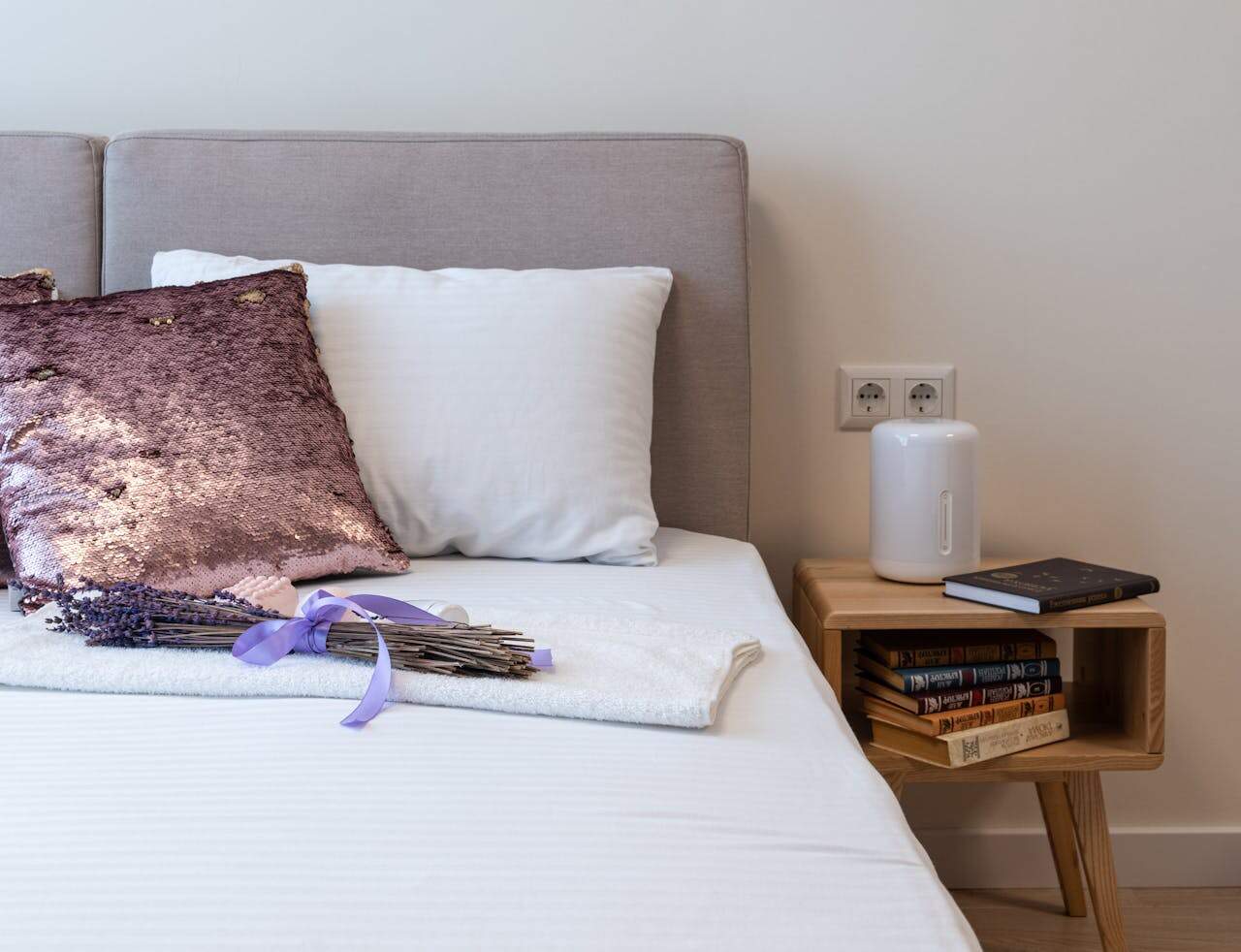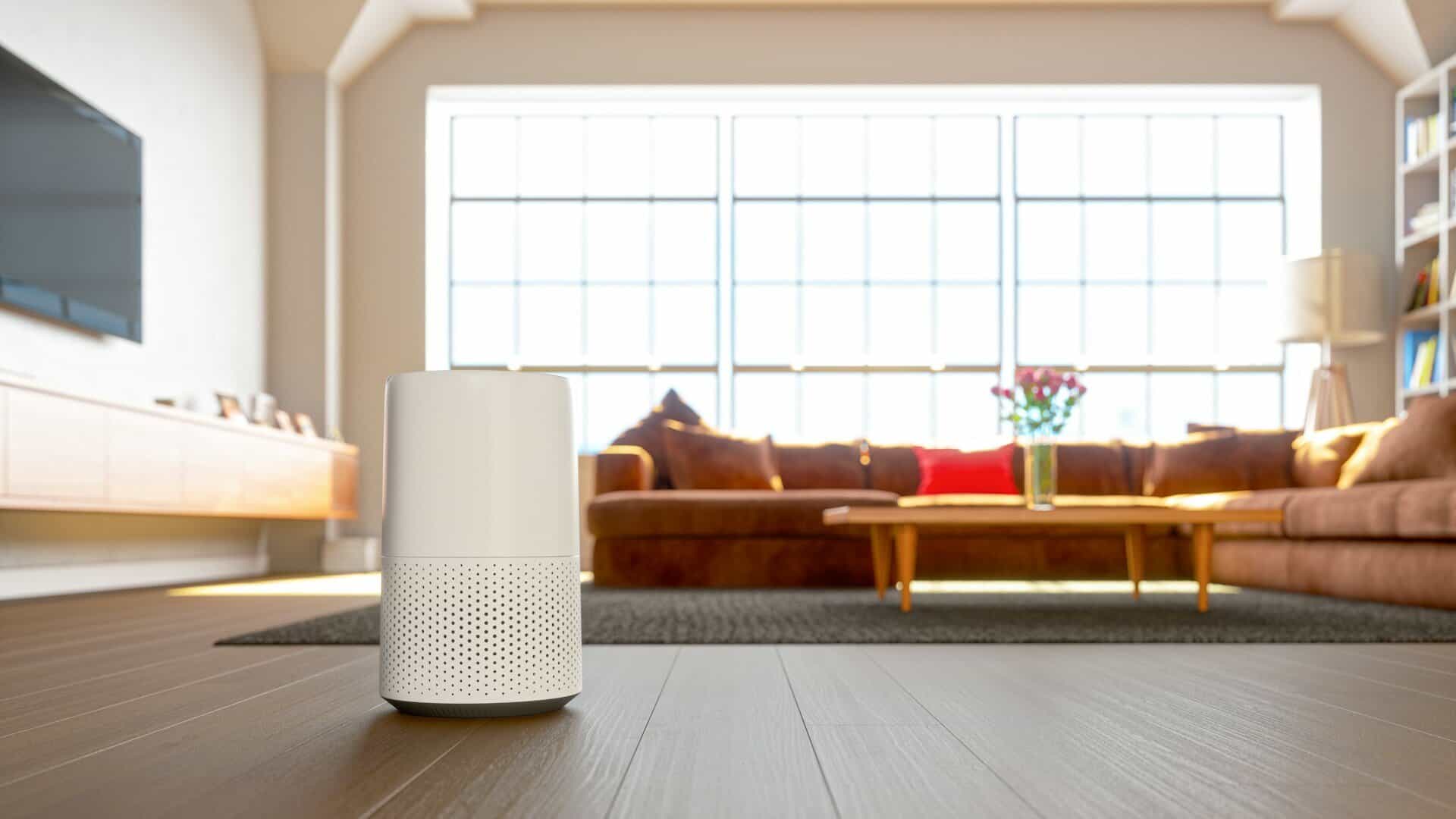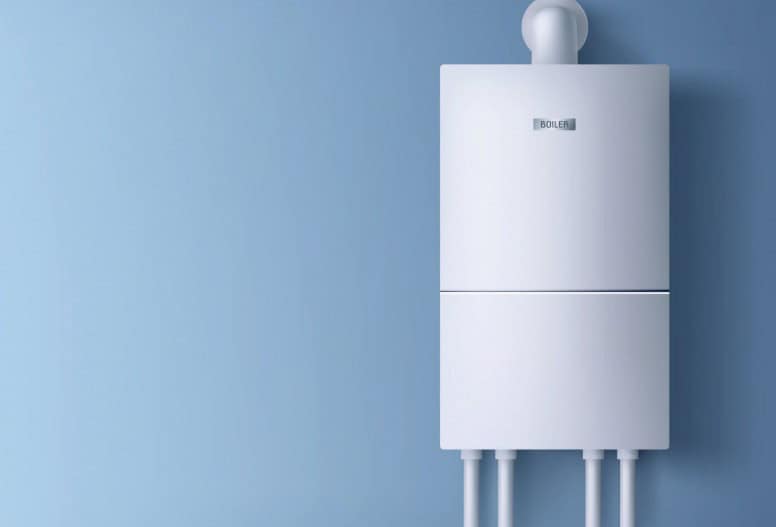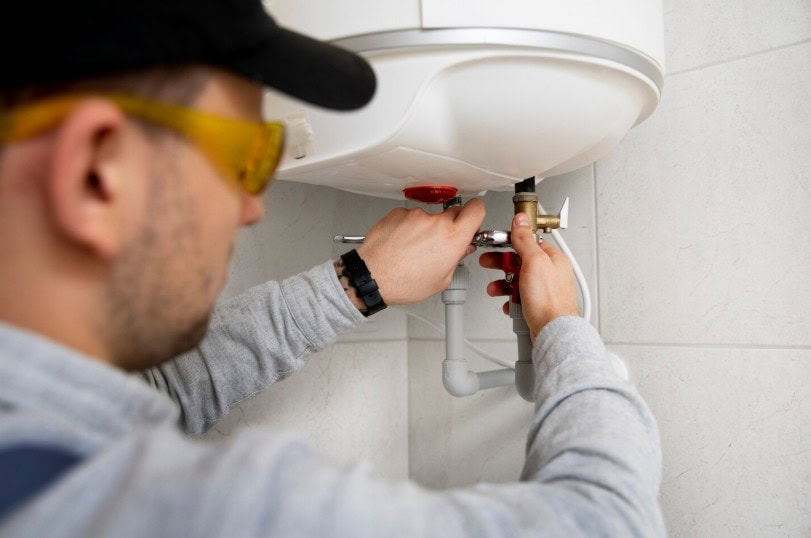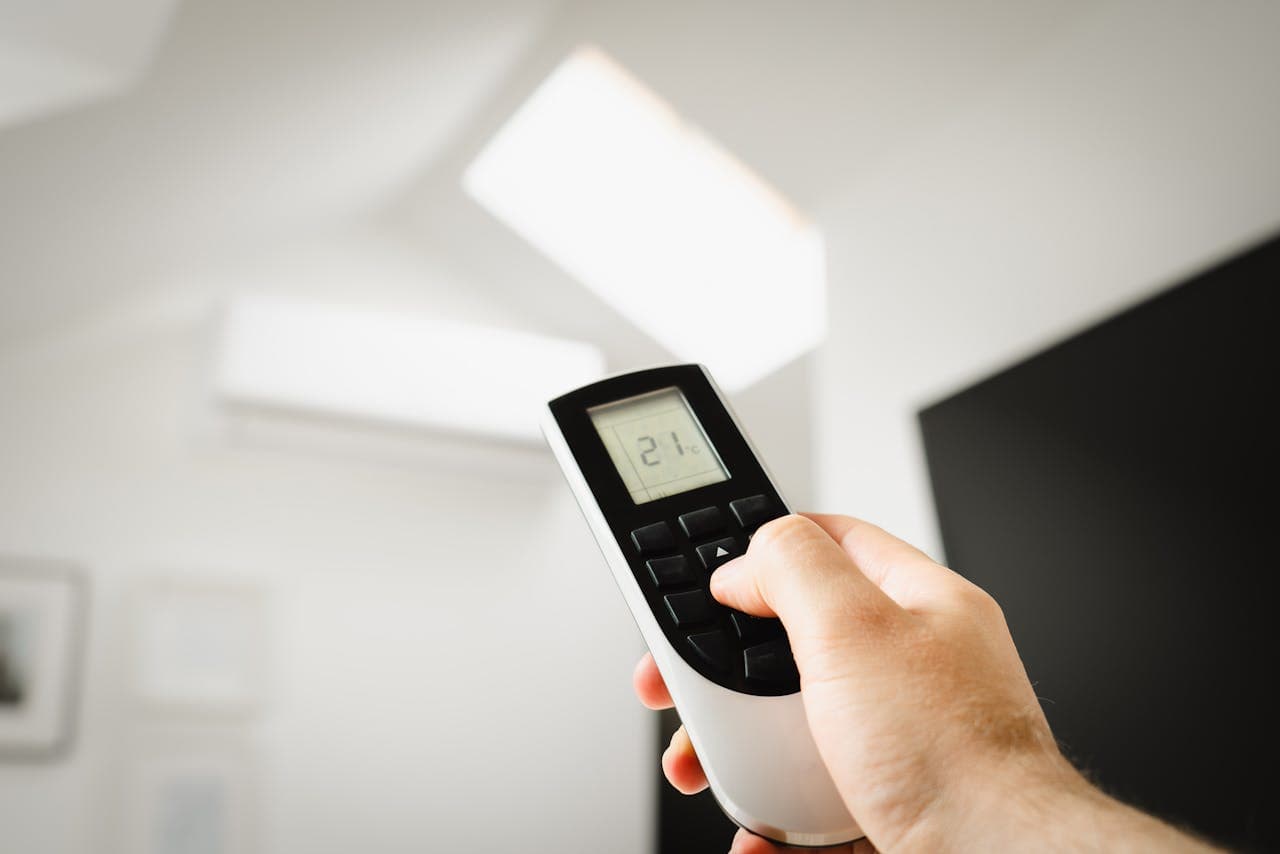Air ducts carry warm and cool air through your home, helping every room stay comfortable. If the ductwork gets worn out, airflow drops off and your system has to work harder just to keep up. Sometimes rooms feel cold, and other times it just takes longer for the heat to reach where it needs to go. Even though we usually think about cooling when it comes to ductwork, AC duct replacement can make a big difference in winter too, especially in places like Saratoga Springs, New York, where temperatures drop fast and stay low.
Winter is often when problems with airflow become more noticeable. Drafty rooms or low heat in certain spaces can trace back to broken or leaky ducts. When those ducts are not doing their job, your heating system has to run longer and push harder, and that can stress the whole setup. Replacing air ducts during the cold months helps you stay warm now, and sets you up for better performance later.
How Ducts Wear Out Over Time
Ductwork does not last forever. Over time, parts shift, seals wear down, and joints can start to come apart. Because most ducts are out of sight, you might not even notice the damage until there is a bigger problem.
• Temperature swings can cause ducts to expand and shrink, leading to cracks, gaps, or bent sections
• Animals sometimes find their way into unsealed parts of the system and create blockages
• Dust and debris build up inside, making it harder for warm air to move through the space
When ducts break down or get too dirty, your home stops heating evenly. If you walk from one room to another and feel a big change in temperature, that is often a clue something is off with your ductwork. Getting it looked at sooner rather than later can help keep small issues from turning into bigger ones.
What Happens During a Duct Replacement
If your ductwork does need replacing, the process is more straightforward than you might think. We start by checking the entire system, step by step, to figure out where the trouble spots are. Most ducts hide behind walls, under floors, or in attics, so we look through those spaces carefully to see what is working and what is not.
• First, we find cracks, loose spots, or sections that are not connected right
• Old or damaged ducts are removed so they do not keep leaking air
• New duct lines are added and sealed up tight to keep air flowing the way it should
• We test air movement through the system to make sure heat is reaching every room properly
With new parts in place, air moves more freely through your home, making it easier to stay warm without raising the heat again and again. The goal is a stronger setup that does not need to work as hard to get the job done.
My Jockey provides full system inspections, new ductwork sizing, and custom fabrication for AC duct replacement in Saratoga Springs. This ensures precise fits and optimal airflow for any home layout.
Why Doing This in Cold Weather Still Makes Sense
Winter might not seem like the time to think about AC duct replacement, but it is actually a smart season for this kind of work. With all the extra time your heating system runs, it is easier to notice when something is off. Maybe a room takes too long to heat up, or your system runs longer than usual just to reach the temperature you have set. These signs give you a good starting point to check your ducts.
• Cold weather highlights airflow problems because your system is working at full speed
• Fixing broken or leaky ducts before spring helps the whole setup run better right away
• When your heating runs smoother in winter, it is easier to get good cooling performance in warmer months
In places like Saratoga Springs, where winter runs deep and steady, getting ahead of duct issues now can make a difference all year long. You do not have to wait for summer to feel the benefits of better airflow.
The Benefits of New Ductwork
Getting new ducts does not just fix the problems, it helps your entire heating system work better. When ducts are sealed tight and shaped to fit your home, they do not waste heat or make the system work overtime.
• New duct lines let warm air move faster and more evenly, so you feel comfortable in every room
• With fewer gaps or leaks, your home holds heat better and uses less energy trying to keep up
• A better duct system means less pressure on your heater, which can help it last longer too
It is not just about fixing what is broken. Replacing old ductwork gives your home a stronger base to work from, one where warm air flows the way it should and you are not adjusting the thermostat over and over.
Well-installed duct systems can improve indoor air quality, lower utility costs, and reduce dust buildup. Every AC duct replacement in Saratoga Springs by My Jockey comes with airflow testing to confirm you’re getting the results you need in every room.
A System That Works Smarter, Not Harder
Dealing with ductwork can feel like a big job. But when it is handled well, it can make a big difference across your whole house. AC duct replacement is not just about the summer, good airflow matters year-round. Your heater does not have to struggle, and you do not have to live with cold spots in your home.
A smooth, well-fitted duct system helps warm air reach every room without waste. It cuts down on uneven temperatures and gives your equipment a better shot at lasting longer. Tackling this work in winter, before temperatures change again in Saratoga Springs, makes it easier to stay in control of your comfort heading into spring. Keeping heat where it is needed now means better air, better comfort, and better setups down the line.
Experiencing uneven heat or weak airflow in your Saratoga Springs, New York, home can be frustrating, especially when your system is working hard but some rooms still feel chilly. A thorough inspection often uncovers duct problems that are not immediately visible, and addressing those issues now helps your system run more efficiently all season long. Our team at My Jockey is dedicated to your long-term comfort, and our approach to AC duct replacement is designed to deliver lasting results, not just a quick fix. Contact us today to schedule your visit.

